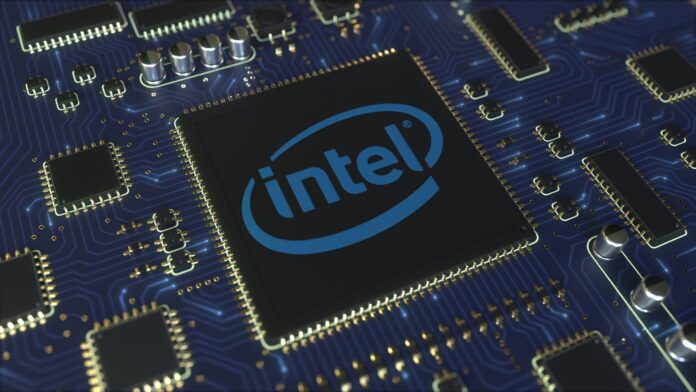Intel acquired IMS company in 2015
Intel has agreed to sell a 10% stake in its IMS Nanofabrication business to Taiwan Semiconductor Manufacturing Co (TSMC) for roughly $4.3 billion. The deal, expected to close in the fourth quarter of this year, leaves Intel as the majority owner of the unit.
Intel acquired IMS in 2015. The Austrian fab company is a leading producer of multi-beam mask writing tools, a chip manufacturing component known as “high-NA” extreme ultraviolet equipment that is required for the fast production of AI and mobile chips. Earlier this year, Intel sold a 20% stake in the business to Bain Capital at the same valuation.
Recently, Intel terminated a $5.4 billion deal to acquire Israel-based chip company Tower Semiconductor, citing regulatory hurdles. The deal, announced in February 2022, was intended to help scale Intel’s foundry services and was expected to close within 12 months of being made public.
Despite some setbacks, however, the company is continuing to develop its Intel Foundry Services (IFS) business, announced in March 2021. The business unit had an outstanding second quarter this year, reporting a revenue of $232 million, a significant increase from the $57 million reported last year. According to Intel, the rise in sales is the result of “advanced packaging,” which allowed the company to combine pieces of chips made by another company to create a more powerful chip.
While Intel Foundry Services is a competitor for TSMC, the Taiwanese company has been a long-term partner of IMS, providing a reasonable path for the minority stake acquisition.
“This investment demonstrates the deep industry collaboration IMS is pioneering to advance critical lithography technology for leading-edge nodes, which will benefit the entire semiconductor manufacturing ecosystem,” commented Matt Poirier, senior vice president of corporate development at Intel. “With enhanced independence, IMS will be well positioned to address the significant growth opportunity for multi-beam mask writing tools over the next decade and beyond.”

